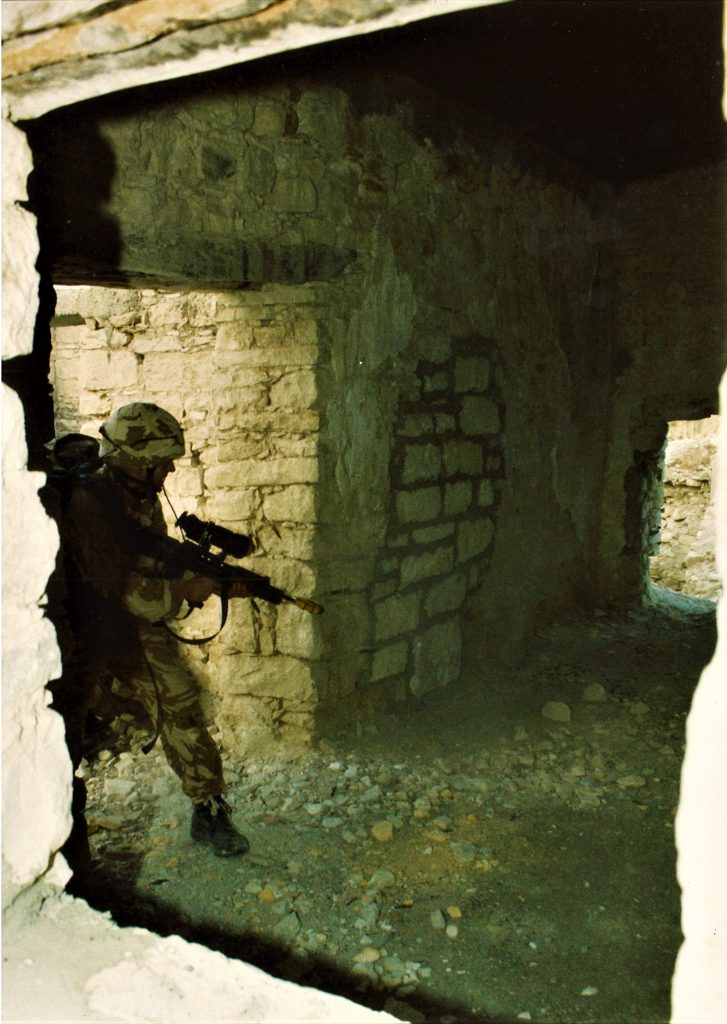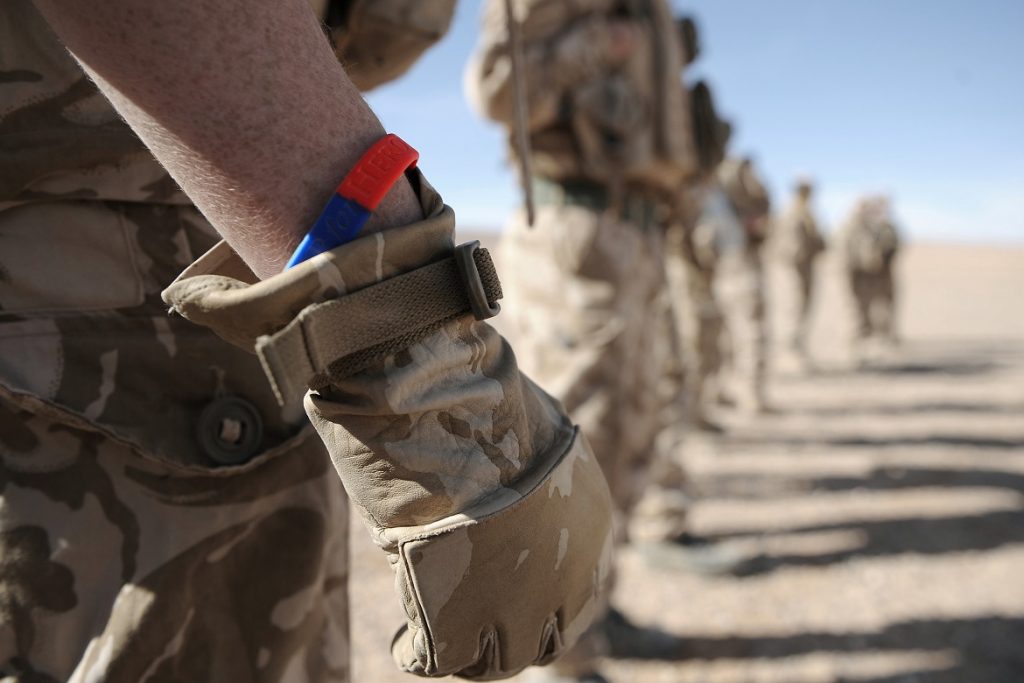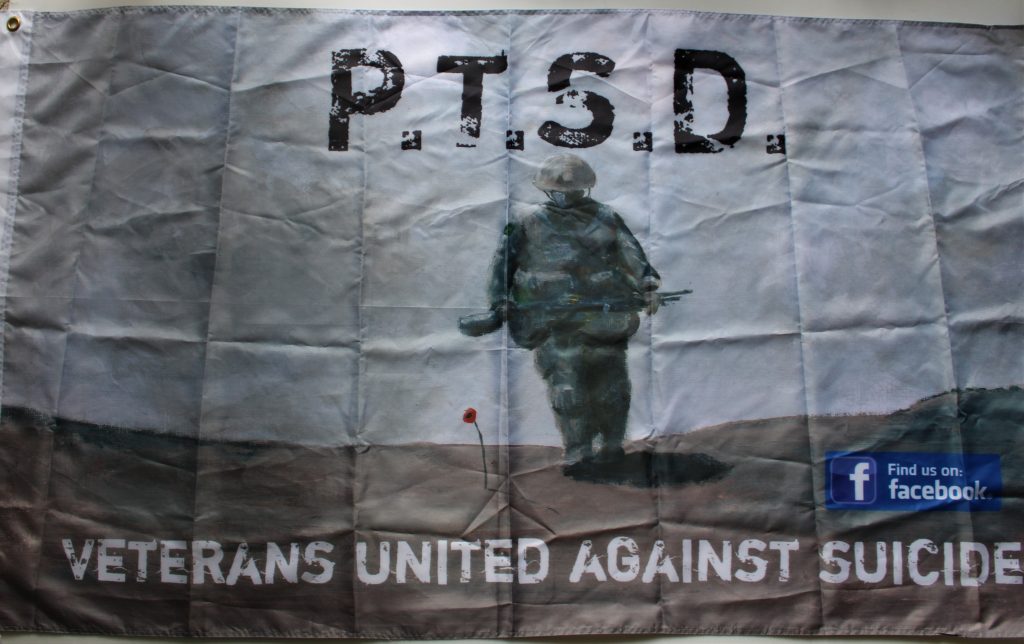Campaigning for Change
Veterans’ mental health charity Combat Stress report that on average it takes 13 years for a veteran to seek help after leaving the military. Veterans from recent years are seeking help sooner; 6 years on average for veterans involved in Iraq, and 4 years for veterans involved in Afghanistan. They also report that ex-servicemen under 24 are 2-3 times more likely to take their own lives than their civilian counterparts.

In 2019, Help For Heroes launched their ‘Cut the Clock’ campaign to tackle the stigma which leads many veterans to wait years before seeking psychological help. A survey they carried out to investigate the issue showed that veterans often distrusted civilian services, were unsure what support was available, and were worried about being treated differently by their friends.
To find out more and support go to: https://www.helpforheroes.org.uk/our-impact/our-campaigns/cut-the-clock/

Many veterans have difficulty accessing mental health services. There is an unequal provision across the UK. In some areas, such as Northern Ireland, there is no statutory provision for veterans at all. Some find themselves waiting over a year to receive help. During this time their mental health condition might get much worse. The Armed Forces Covenant promises a veteran priority treatment. Yet, many NHS providers have not heard of the principle and veterans themselves are often unaware of what they are entitled to.
Veterans who do seek help through official channels are often let down. Many GPs and mental healthcare professionals lack knowledge of military culture. Veterans who feel that their experiences are misunderstood are unlikely to seek any further help. Often those with the greatest need are left with nowhere to go as the time-limited services do not adequately address severe conditions.

A key issue highlighted by campaigners is that veteran suicides are not accurately recorded. There is no mandatory requirement for coroners to keep a record of whether the person who took their own life was a veteran. The official Ministry of Defence (MoD) statistics place the 2018 suicide count at 11. Yet, veteran’s charities report that up to 71 veterans took their own life during that year.
Campaigners, such as the organisation Veterans United Against Suicide, are pressuring the government to introduce new legislation to tackle the issue. They argue reliable suicide data would help to ensure that the MoD allocates adequate resources to look after the mental health of veterans and service personnel.
For more information about the 2018 investigation into the issue: https://inews.co.uk/news/long-reads/investigation-reveals-glaring-gap-in-data-on-military-veterans-suicide-177597
